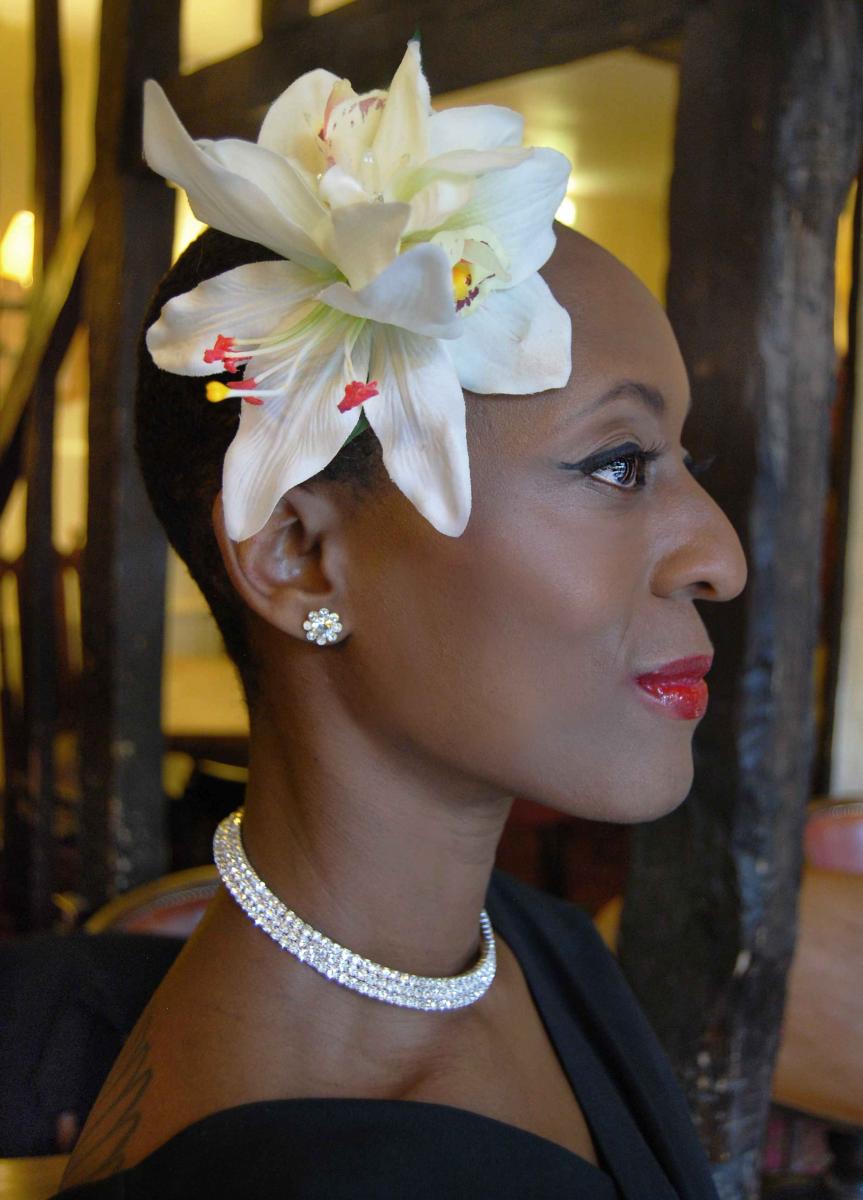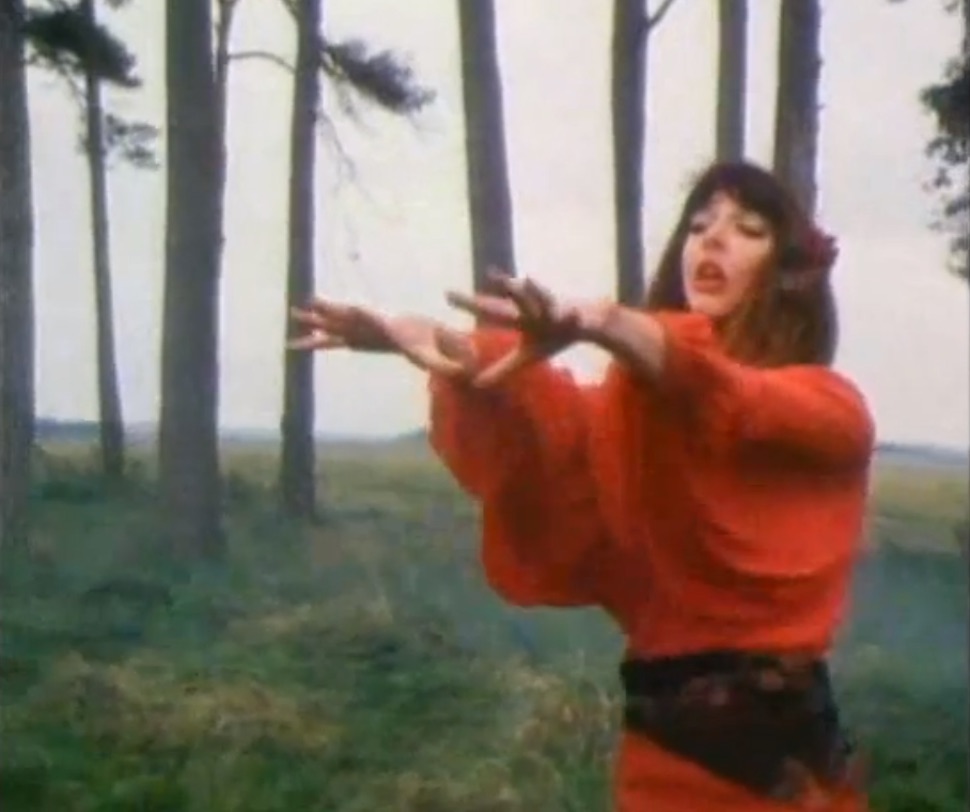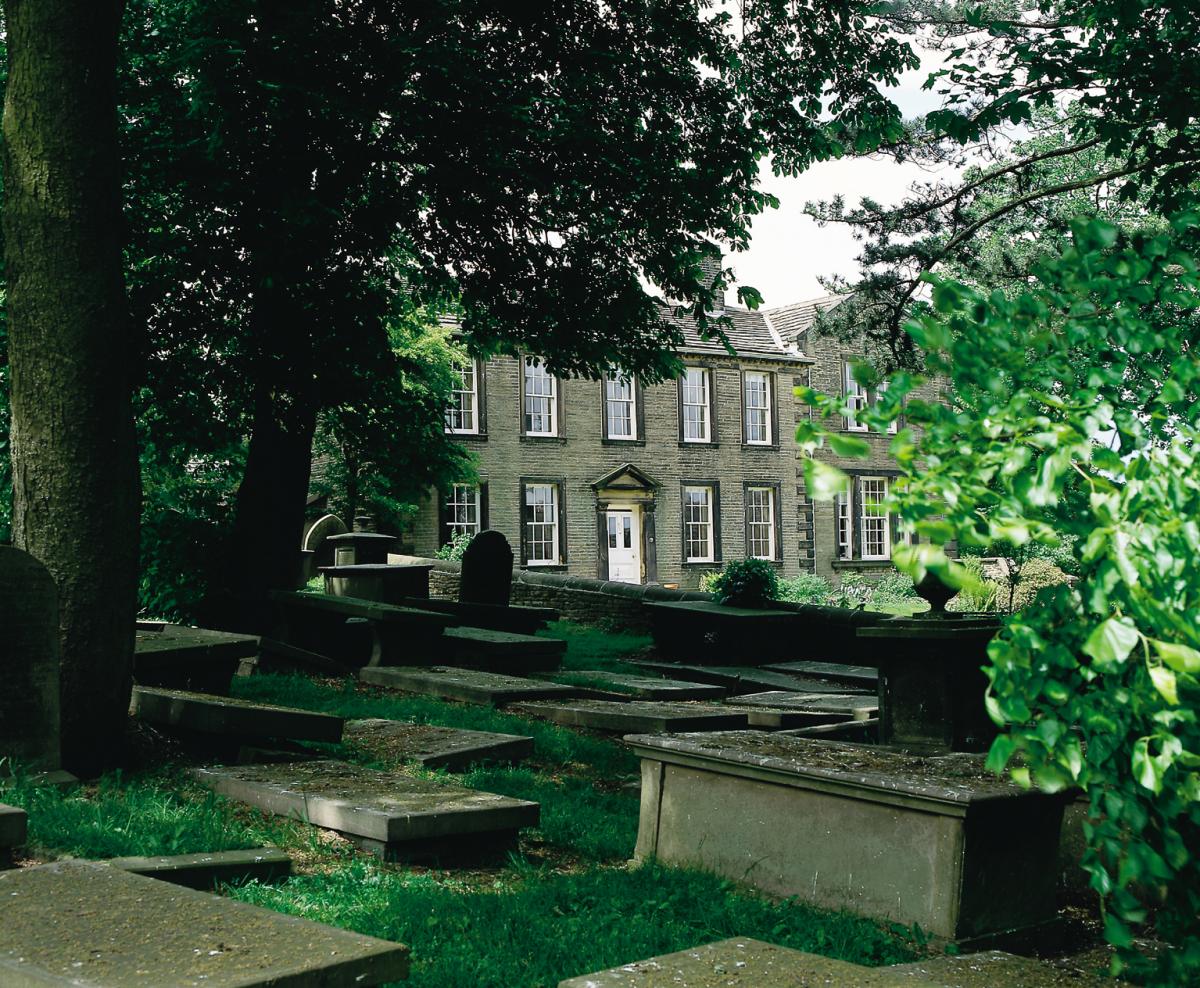This wonderful Cornish workshop and museum is dedicated to the legacy of studio pottery trailblazer Bernard Leach
‘Nowadays, we would classify Emily Brontë as autistic’
‘Nowadays, we would classify Emily Brontë as autistic’
31 Jul 2018
Emily Brontë is one of the most mythologised figures in literature.
Of her three sisters, she alone inspires cult adoration. Her only novel, the moonstruck, preposterous, irresistible Wuthering Heights, is an eternal tale of love and hate among heather. Details of her short life are tantalisingly scarce – she was a recluse and intensely private, shunning all but her sisters.
Two hundred years after her birth, how do we get close to this literary enigma?
We spoke to the woman doing just this. Poet Patience Agbabi has spent the past eight months leafing through the vestiges of Emily Brontë’s life: walking the moors, inhabiting the texts and dismantling the mythology.

Patience Agbabi by Lyndon Douglas
We couldn’t hope for a fresher pair of eyes. The current writer-in-residence at the Brontë Parsonage Museum, Agbabi is known for the rawness of her poetic voice. ‘Give me a stage and I'll cut form on it / give me a page and I'll perform on it,’ she writes, in her poem The Word.
The poet has a pedigree in renovating classic texts for modern audiences. Her recent project is Telling Tales, a 21st-century remix of Chaucer bristled with rap, spoken word and the rhythms of a multicultural Britain.
Agbabi’s reading of Brontë, too, takes root in the 21st century. ‘I’ve been doing a lot of work around the refugee crisis, and Wuthering Heights is the novel examining how we treat a being from another country.’ She refers to Heathcliff, literature’s consummate anti-hero, a foundling of indeterminate origin. ‘As a nation, do we welcome outsiders, or not? Cathy responds with empathy and compassion. Hindley doesn’t.’
Identity politics are central to the work in progress that Agbabi calls Othering Heights, a collection of poems, each one ‘sprung out of a certain phrase in the novel’, she says. ‘There’s this amazing bit where Nelly’s helping Heathcliff dress, saying how handsome he looks and then she says, “if you were a regular black” and goes on to guess his parentage. It’s incredibly poignant.’ The poet takes one of the book’s enduring skirls – the ‘let me in’ of the ghost at the window – and lets it bleed into the novel as a whole. ‘It’s also Heathcliff; he wants to be let in to the family. There are all sorts of issues there.’

Kate Bush performs Wuthering Heights
What is her impression of Emily Brontë the woman? ‘Nowadays, we would classify her as autistic. She had an extreme aversion to the public, she was obsessive, she was very into her routine – on the morning she died she still wanted to feed the animals.’ This is murky territory, she is quick to add, but she points to Charlotte Brontë’s description of Emily:
‘Her powers were unadapted to the practical business of life. An interpreter ought always to have stood between her and the world. Her will was not very flexible… her spirit altogether unbending.’
Here we have ‘an accurate description of autism’, Agbabi says.
It seems so utterly improbable that a quiet Yorkshire village 200 years ago produced three of our most beloved writers – and that they were women. How does she think this came about?
‘Spending time at Haworth, you really get a sense of how they worked as one body,’ she says. ‘Individually, this wouldn’t have happened. But the sisters worked together symbiotically.’
The Parsonage, then, was like a remote artists’ commune. ‘When you go around the house you are very aware of where they sat; how they would walk around the table in the evenings and read aloud.’ The sisters were educated, and their library at home was well stocked. ‘They lived this incredibly isolated existence. It was the perfect workshop. Because, goodness knows, 200 years on we have even more distractions don’t we?’

Bronte Parsonage, copyright The Bronte Society
The Brontë Society has been in the press recently, and not just for the bicentenary celebrations. When actress and filmmaker Lily Cole was appointed creative partner, a leading member resigned, calling the appointment a ‘rank farce… It’s best that I leave the society now, before they announce James Corden as the creative partner for 2019’. What does Agbabi make of the fracas?
‘Lily is a passionate advocate of the Brontës. She is a strong feminist, who really identifies with the power that they had.’ Not to mention the double first in History of Art she has from Cambridge. ‘It’s a pity that everyone became fixated on the literary side and that we should have had a writer. That’s nonsense. You don’t have to be a novelist to really understand Emily Brontë’s oeuvre. Lily is doing a stellar job.’
At a time when the old guard has a spot of making up to do, it is comforting to know that the Parsonage has a little ‘Patience’. We can’t wait to hear what she’s made of her time there.
Click here for a full list of list Brontë200 events
About the Author
The Arts Society
JOIN OUR MAILING LIST
Become an instant expert!
Find out more about the arts by becoming a Supporter of The Arts Society.
For just £20 a year you will receive invitations to exclusive member events and courses, special offers and concessions, our regular newsletter and our beautiful arts magazine, full of news, views, events and artist profiles.
FIND YOUR NEAREST SOCIETY
MORE FEATURES
Ever wanted to write a crime novel? As Britain’s annual crime writing festival opens, we uncover some top leads
It’s just 10 days until the Summer Olympic Games open in Paris. To mark the moment, Simon Inglis reveals how art and design play a key part in this, the world’s most spectacular multi-sport competition



